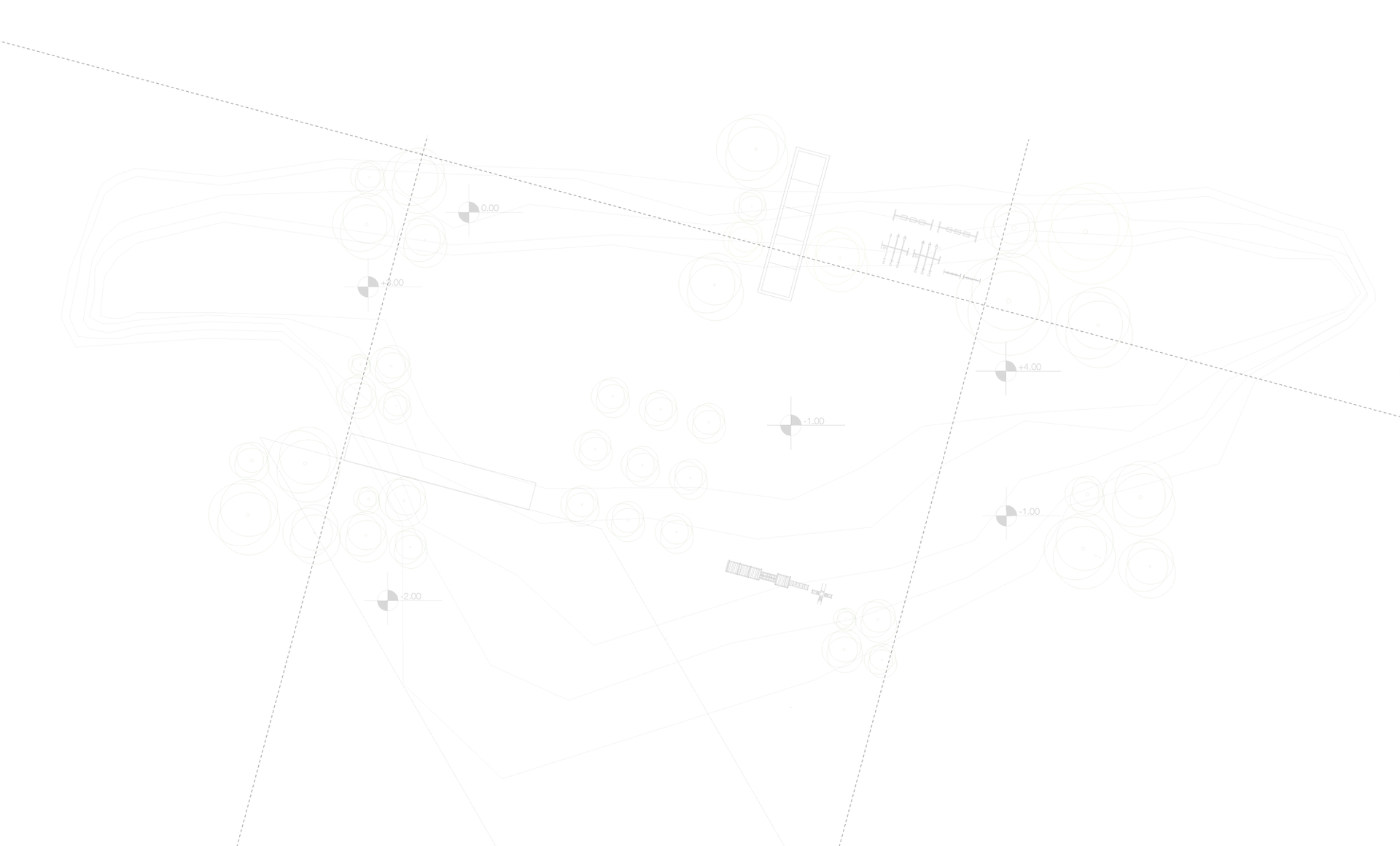
Erasmus+ TCA contact seminar
Participating and Learning Child
Tampere 7 - 10 October 2018


Information
Context: Early Childhood Education and Care
Enhancing children’s participation is one of the key objectives of future early childhood education. A participating child is a happy, active agent involved in planning and decision making and his or her own learning. Participation gives the child a sense of involvement through active interaction and possibilities for concrete suggestions – for instance trying a new game together or planning a theme day – as well as being heard and supported in daily activities and routines.
Child participation also means learning in social skills: all suggestions are negotiated and conflicts and disagreements solved together with fellow pupils and educators as a community. Educators work as pedagogical professionals, utilizing their knowledge to be active observers and supporters and giving every child the possibility to be heard, understood and involved. Active participation supports the child’s learning outcomes through gained interest and motivation and is also a factor for well-being.
In participatory pedagogy every child is given the possibility to be involved in their own individual way, whether it is choosing a song for a daily exercise or being able to observe and listen instead of participating in a game. In recent years children’s participation has taken a central role in Finnish Early Childhood Education. Various ways to support participation had been implemented in everyday life in kindergartens and children’s participatory is highlighted throughout Finnish National Curriculum for Early Childhood Education (2017).
The seminar gives educators an opportunity to share experiences, discuss challenges and find ways to enhance children’s participation and learning in kindergarten everyday life. The contact seminar brings together early childhood education and care professionals from different European countries, giving them the possibility to network and learn from the ideas and practices from the European colleagues. The seminar aims to produce project ideas and project proposals for the Erasmus+ KA2 strategic partnerships.
Target groups
The seminar is open to participants within the field of school education. The contact seminar is targeted especially at developers and representatives of primary education, pre-schools and day-care centers (the target group of the activities is children aged 3 to 8 years). We are looking for participants who are interested in the topic of the seminar and committed to develop a Erasmus+ Strategic partnership.
We welcome up to 3 participants from each country, with a maximum of 50 delegates.
Date and venue
The seminar starts with dinner on 7th October and finishes with lunch on 10th October. The seminar is held in the city of Tampere, in Western Finland.
Working language
The working language of the contact seminar is English.
Seminar cost
The hosting costs, including the seminar and cultural programme, all meals during the seminar as well as accommodation in a single room for 3 nights for the nominated and selected participants, will be financed by the Finnish Erasmus+ National Agency. The travel costs will be covered by the sending Erasmus+ National Agencies within their Erasmus+ TCA budgets.